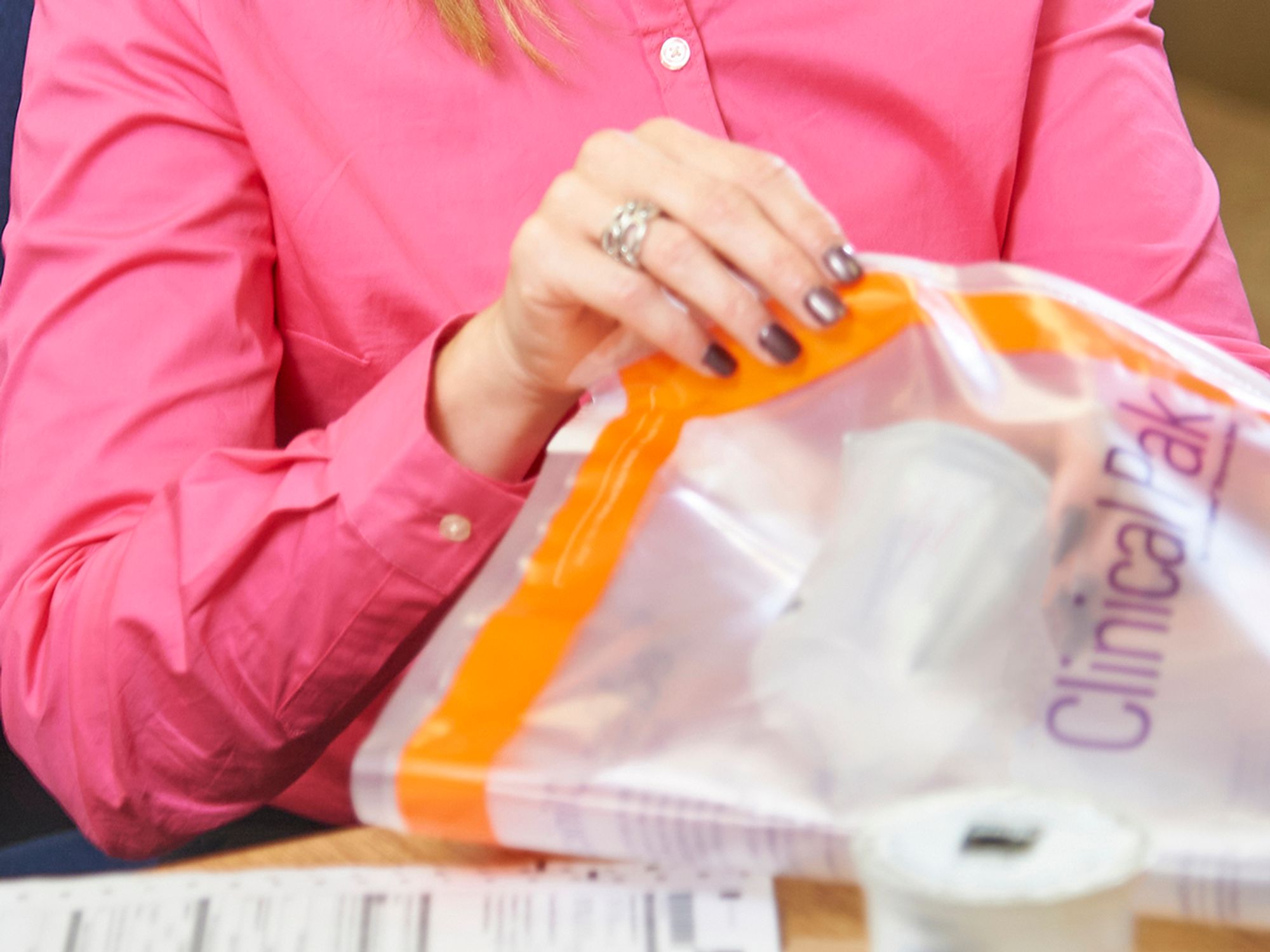How to test

- State law may impact whether an employer can conduct a drug test through a service provider or in-house.
- Employers should know state laws and employee rights related to drug testing and test integrity.
- The ADA requires employers to accommodate employees who cannot provide test samples for a medical reason.
When conducting employee drug tests, a state law may require employers to follow specific procedures or use a certified laboratory.
In states where drug testing is not regulated, a company may structure the program as it sees fit. Employers may opt to work with a service provider to coordinate testing services or could take care of things in-house.
A certified lab can be used to test all samples or confirm positive tests. A best practice is to use a lab certified by the Department of Health and Human Services or a state health department. The service provider can be the same one that is used for testing the company’s Department of Transportation-covered employees.
Test integrity
The federal government does not provide specific testing procedures that must be followed when conducting non-Department of Transportation (DOT) drug and alcohol tests. However, an employer must ensure that the test is conducted in a way that respects an employee’s privacy and brings an accurate test result.
In all cases, the sample should be collected in a manner that upholds the dignity of the person being tested.
An employee’s rights under the Americans with Disabilities Act (ADA) must also be taken into account. An employee may need an accommodation if a medical condition prevents a urine sample from being provided, for example.
If drug testing is being done at an outside facility, an employer can work with the testing facility to ensure that the facility takes proper steps to respect the privacy of applicants and employees, and that the test is conducted in a way that complies with any state laws that apply.
If a company is conducting drug testing in-house, the employer must make sure the person collecting the sample and reading the results has been trained in the proper methods and procedures. All applicable state laws must be followed.
It is useful to have testing procedures outlined in a drug testing protocol that is followed by the company. Defining these steps can be helpful to supervisors and helps maintain consistency in how tests are conducted.
Including this information in drug testing protocol document helps a workplace ensure test integrity:
- Documentation of reasonable suspicion drug use,
- Proper collection of the sample,
- Privacy of the person being tested,
- Methods for deterring sample contamination and adulteration, and
- Documentation (labeling, chain of custody).
Accommodations during the drug testing process
When conducting a drug or alcohol test, employers may need to make an adjustment to the way a test is conducted if the employee or applicant needs an accommodation under the Americans with Disabilities Act (ADA).
Offering an alternative type of drug test can be one way of providing a reasonable accommodation to a person with a disability. If a person cannot provide a urine sample for a medical reason, for example, an accommodation should be considered. The company should discuss the matter with the employee to see if an alternative test (such as a hair test) is an option.
If the test is being conducted for Department of Transportation (DOT) purposes, and an applicant cannot provide the sample required for the test, employers need to work with the medical review officer and follow the steps required by DOT regulations.
